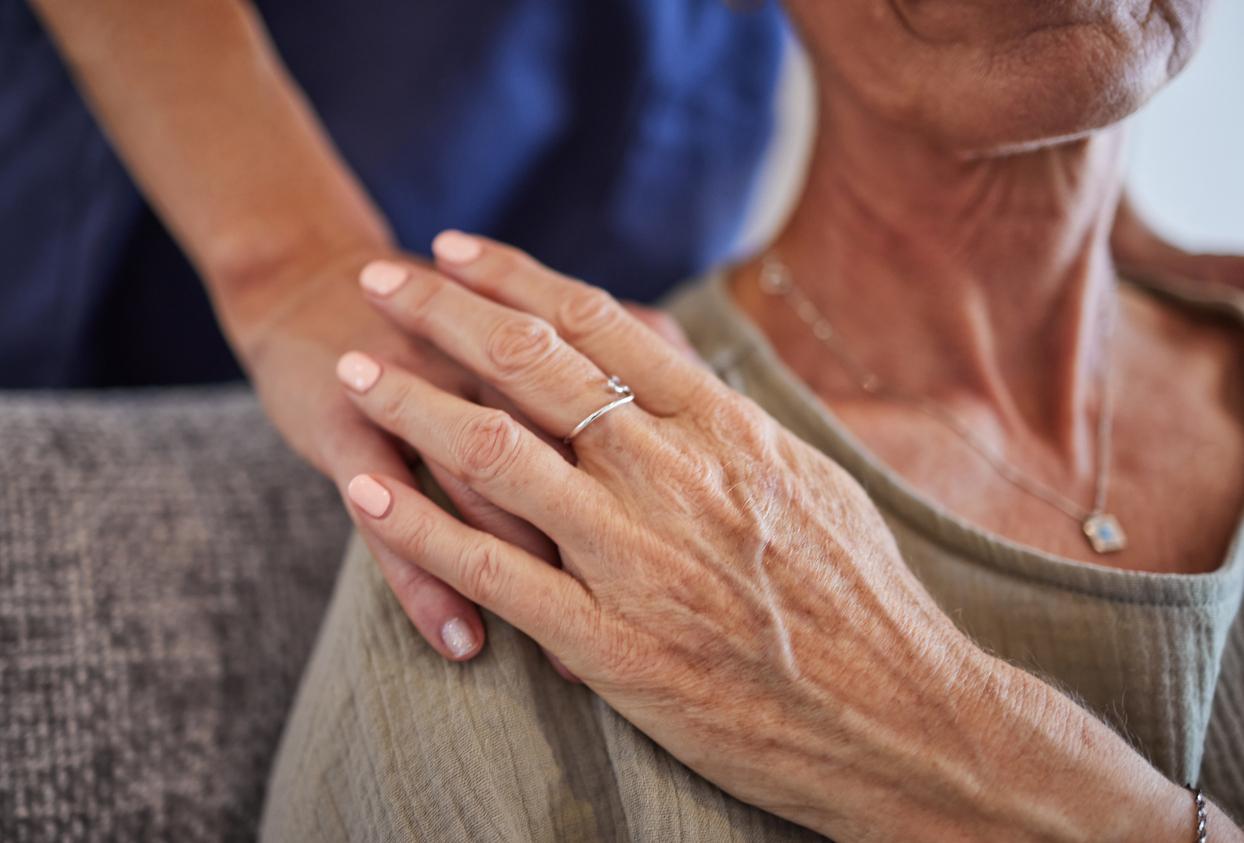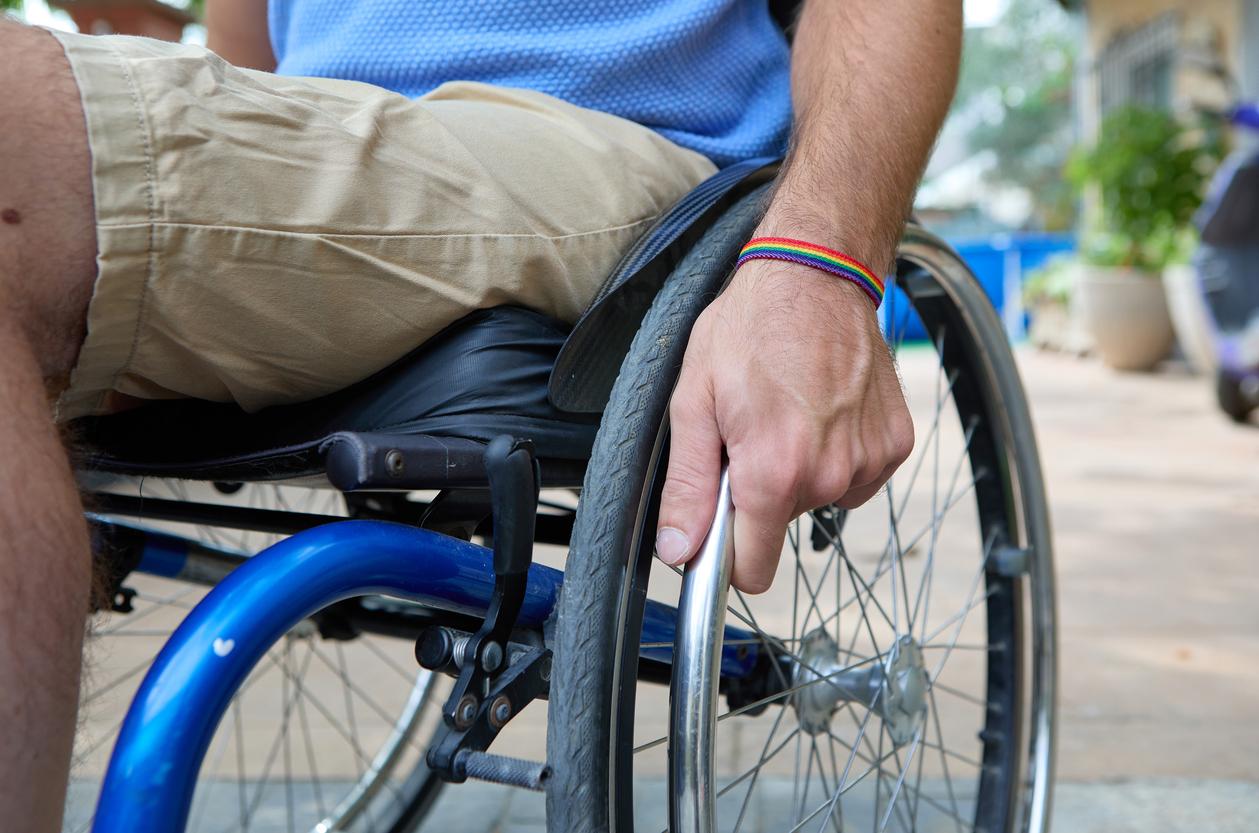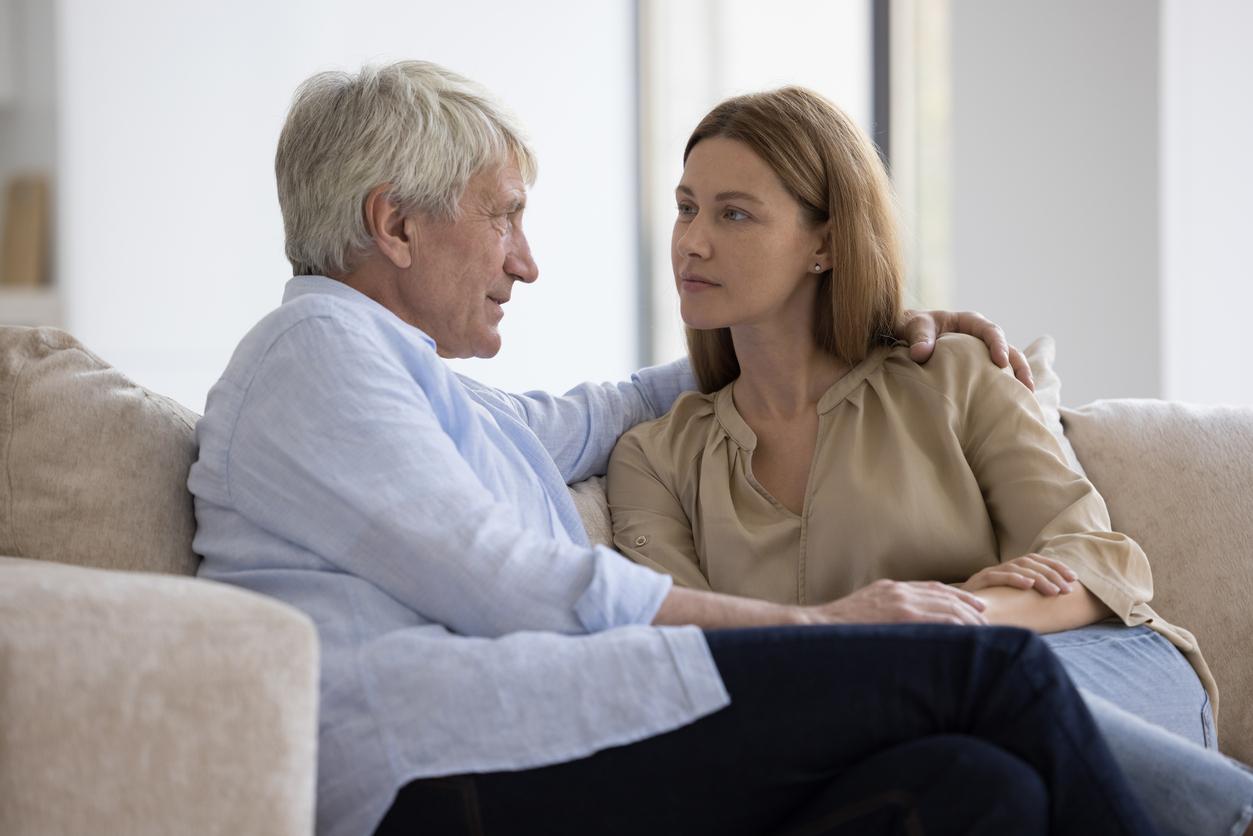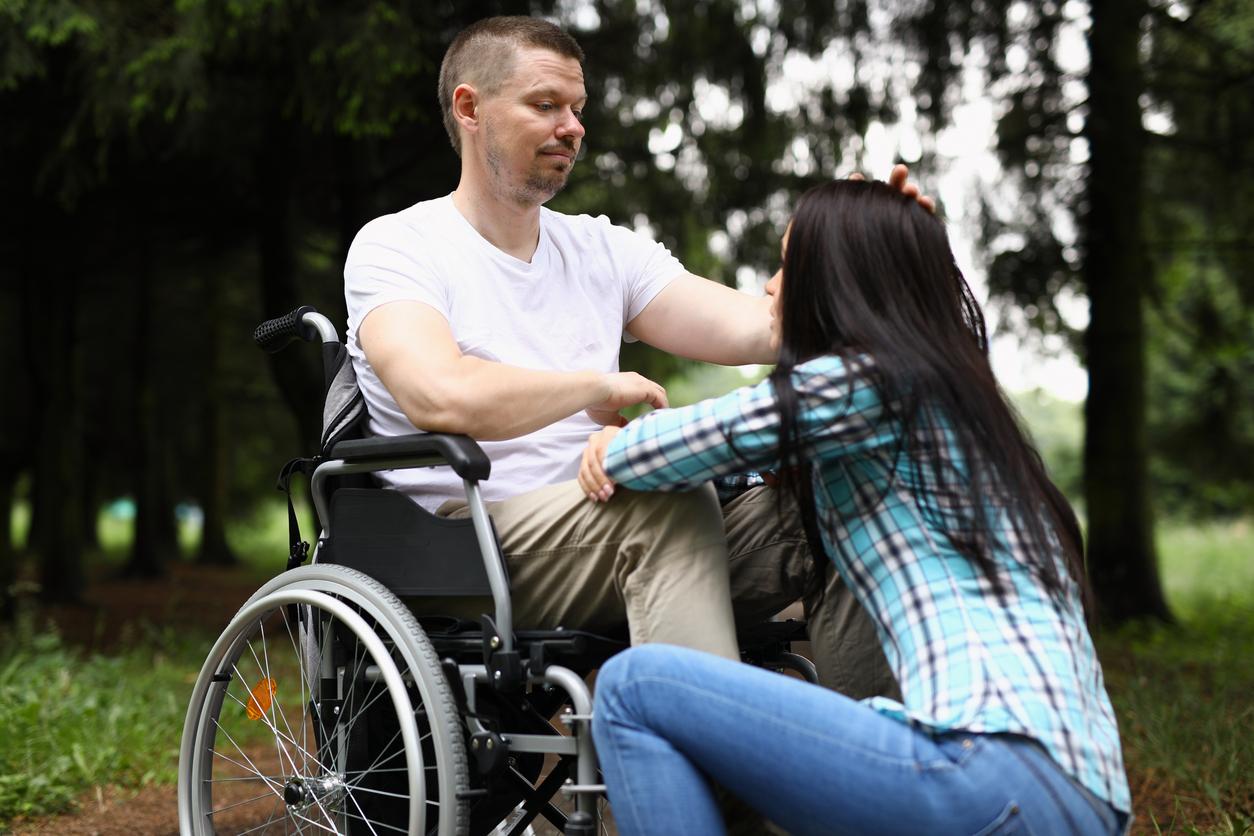On the occasion of National Carers’ Day, a new report on their health has just been published. Here’s what it contains.

- National Carers Day is October 6.
- 3.9 million French people help a loved one aged 60 or over at home.
- 47% of these caregivers report at least one consequence of the help provided on their health.
A new investigation by the Drees looked at the health of people who regularly help a loved one who is losing their independence.
“In a context of an aging population and a desire to support people staying at home, the need for help will increase sharply in the years to come. This help relies largely on the relatives of people who are losing their homes. autonomy and is not without consequences on their lives”we can read at the start of the report.
Fatigue, sleep problems… What do caregivers suffer from?
According to the study, 3.9 million French people help a loved one aged 60 or over at home. 47% of these caregivers describe at least one consequence of the help provided on their health: 19% declare at least one consequence on their physical health (fatigue, sleep problems, back problem or palpitations) and 37% declare at least a consequence on their mental health (moral fatigue, loneliness, feeling depressed and/or anxious).
“Caregivers report more consequences on their health if the relationship with the person being cared for is close (spouses or children), if the person being cared for has cognitive disorders and if they live with them,” adds Drees. “More consequences are also cited by caregivers who perform various tasks with the senior and who have the impression of making sacrifices, of lacking time, respite and training,” she adds.
“Finally, women report more consequences on their health, in particular their spouses and, to a lesser extent, their daughter caregivers,” she writes.
Cohabiting with a person losing their autonomy affects mental health
The second part of the survey focused on simple cohabitation. “Seniors who live with a person losing their independence, whether or not they say they help them, are twice as likely to report being in poor or very poor health as other seniors (24% versus 12%). )”, reveal the authors.
They also have significantly lower mental health scores than other seniors and they use more psychotropic medications. “Thus, 35% of seniors who live with a person losing their autonomy are in a state of psychological distress, and 39% of them have used an anxiolytic or antidepressant medication at least once during the year,” the new report says.
“These results suggest that having a loved one losing their autonomy could not only affect the health of caregivers, but also that of all those who live with them, even if they do not report providing help.” concludes the document.

















